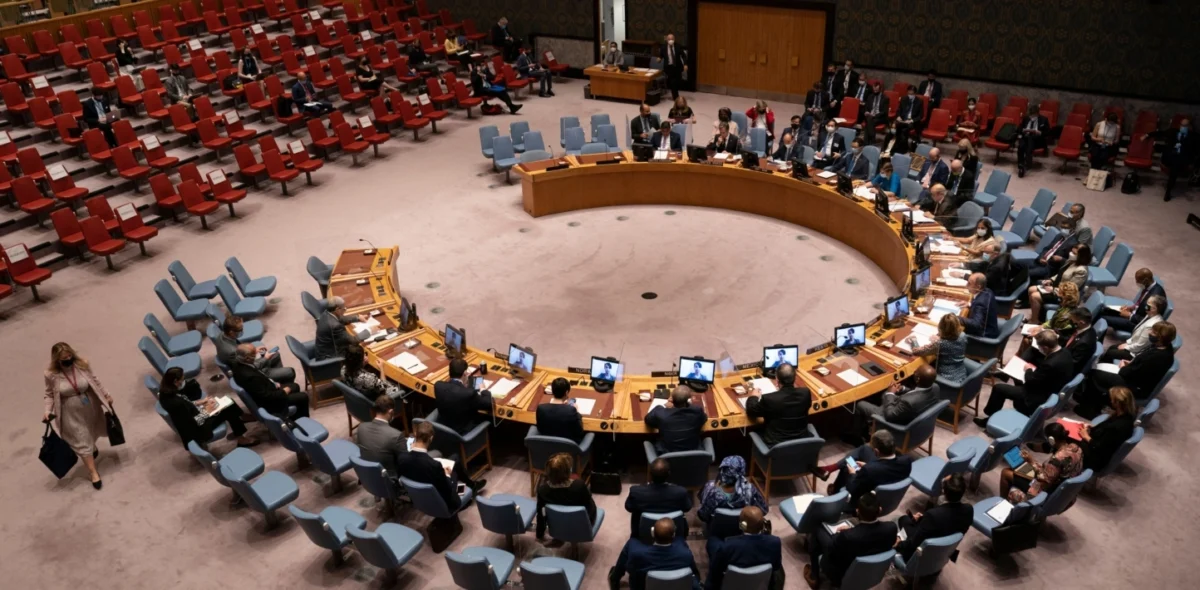As the United Nations Security Council prepares to convene on Afghanistan Wednesday, there are growing calls from Afghan citizens for the meeting to prioritize the country’s human rights issues, particularly the rights of women and girls, and to address job creation for the youth.
The agenda for the council’s meeting includes a report from Roza Otunbayeva, the chief of the United Nations Assistance Mission in Afghanistan (UNAMA), covering the situation in Afghanistan over the last three months.
Women’s rights activists are hopeful that the meeting will yield recommendations to counteract and address human rights violations in Afghanistan. “Human rights, especially the rights of women and girls, should be given priority in the independent evaluations that occur, and these evaluations should provide recommendations to prevent and respond to human rights violations in Afghanistan,” stated Farida Mohebi, a member of the Afghan Women’s Unity and Solidarity Movement.
There is also anticipation among Afghans for the international community’s efforts to bear fruit. Many emphasize the importance of human rights in international discourse concerning Afghanistan. “We ask the United Nations Security Council to ensure the reopening of schools and universities, uphold women’s rights, and create job opportunities for the younger generation,” a Kabul resident expressed.
Another Kabul resident appealed for action from both the Security Council and the United Nations to improve education and employment prospects for youth, hinting at the exodus of young Afghans from the country due to lack of opportunities. They also called on the Taliban to relinquish power if unable to advance the system.
The UN Security Council, according to sources, is making strides to address the Afghanistan situation based on independent assessments that contributed to Security Council Resolution 2721. However, there is disagreement among council members over the proposal to appoint a special envoy for Afghanistan, with China and Russia reportedly in opposition.
This discord has led some Afghan former diplomats to view the upcoming meeting as a crucial opportunity for further dialogue. “The meeting and UNAMA’s report presentation are especially significant. They could pave the way for more discussions on appointing a special representative to collaborate with regional and international actors, the Taliban government, and Afghanistan’s various political and civil factions,” remarked Shinki Karwakhil, former Afghan ambassador to Canada.
Furthermore, the fate of Ferydon Sinirlioglu, the United Nations Special Coordinator for Afghanistan, hangs in the balance, awaiting a decision from the Security Council on the continuation of his mission, which concluded at the end of February following the Doha meeting for Afghanistan.
Despite efforts, the position of a special envoy for Afghanistan remains unfilled, and Sinirlioglu’s mission has not been extended.





